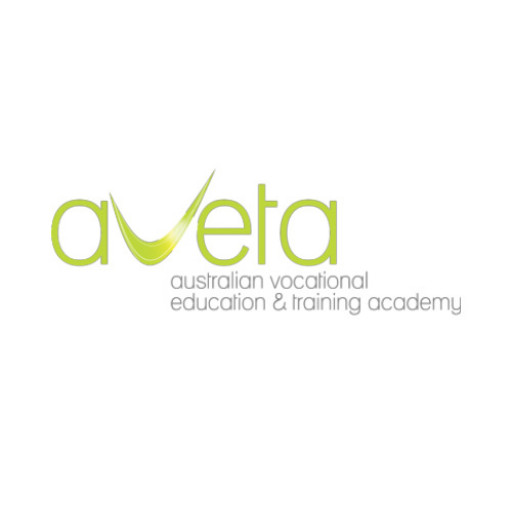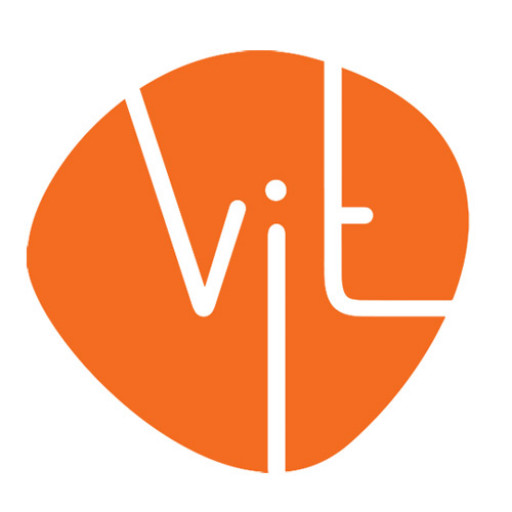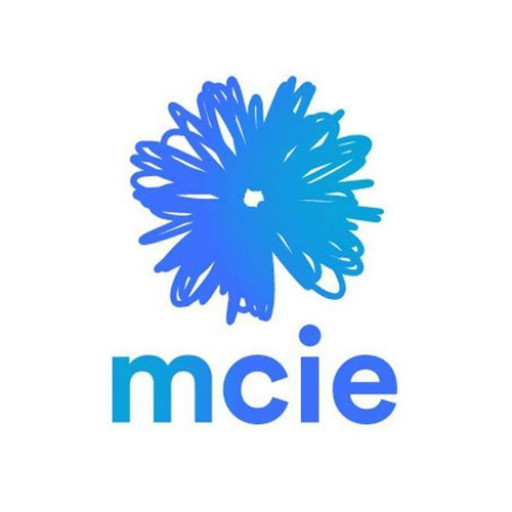This qualification reflects the use of commercial cooks that have a team leading role in kitchen. They operate individually or with limited guidance from others and use discretion to solve non-routine problems.This qualification provides a pathway to work in organisations such as restaurants, hotels, nightclubs, pubs, cafes and coffee shops, or to run your little company in such sectors.Possible job titles include:chefchef p partie.No occupational licensing, and certification or specific legislative requirements affect this qualification during time of publication.
The Commercial Cookery program at TMG College Australia provides students with comprehensive training in culinary arts, focusing on the skills and knowledge required to excel in the professional kitchen environment. The program covers a wide range of topics, including food preparation, cooking techniques, kitchen safety, and hygiene standards. Students will learn essential skills such as knife handling, food presentation, and menu planning, which are crucial for a successful career in the hospitality industry. Throughout the course, participants engage in practical sessions that mimic real-world culinary settings, enabling them to develop confidence and proficiency in various cooking methods, including baking, roasting, grilling, and cold food presentation.
The curriculum also emphasizes understanding nutrition and dietary requirements, allowing students to create balanced and appealing dishes. Participants will be introduced to kitchen management skills, including inventory control, cost management, and teamwork, preparing them for supervisory roles within busy restaurants, hotels, or catering businesses. The program's structured approach combines theoretical knowledge with hands-on practice, ensuring graduates are well-equipped to meet industry standards. Additionally, students will have opportunities to learn about sustainable cooking practices and the importance of reducing food waste in commercial kitchens.
Throughout their studies, students will be mentored by experienced culinary professionals who provide guidance, industry insights, and support. Upon successful completion of the program, graduates receive a Certificate III in Commercial Cookery, which qualifies them to work as cooks or chefs in various hospitality settings. The program aims to develop not only technical skills but also professionalism, creativity, and a passion for culinary arts, fostering graduates' readiness to thrive in the dynamic and evolving foodservice industry.
Program requirements for the Commercial Cookery program at TMG College Australia typically include a combination of academic prerequisites, language proficiency, and practical experience. Applicants are generally required to have completed secondary education or an equivalent qualification to ensure they possess the foundational knowledge necessary for advanced culinary studies. Proficiency in English is essential; therefore, students must demonstrate adequate language skills through standardized tests such as IELTS, with a minimum score usually set at 5.5 or higher, or equivalent certifications. It is also important for applicants to have a genuine interest in culinary arts, as well as basic numeracy and literacy skills to handle recipes and measurements accurately.
Additionally, some courses may require applicants to provide a resume or personal statement outlining their motivation and interest in commercial cookery, especially for pathways into hospitality industries. Prior practical experience in a kitchen environment can be advantageous but is not always a mandatory requirement; however, it may improve the application’s competitiveness. The program curriculum emphasizes practical training alongside theoretical knowledge, so students should be prepared to participate in hands-on cooking sessions, maintenance of hygiene standards, food safety procedures, and team-based activities.
Enrolment procedures typically involve submitting an application form, providing certified copies of academic transcripts and identification documents, and paying the necessary tuition deposit. International students may also need to obtain a student visa, which requires proof of health insurance and sufficient financial capacity. For specific entry requirements or updates on prerequisites, prospective students should consult the official TMG College Australia website or contact the admissions office directly. The program aims to equip students with the skills necessary for employment as commercial cooks, preparing them for roles within restaurants, catering services, hotels, and other food service establishments.
The Commercial Cookery program at TMG College Australia offers a range of financing options to support students in pursuing their culinary education. Students can access government funding schemes such as the Australian Government's VET Student Loans, where eligible students may borrow funds to cover tuition fees, reducing upfront financial burdens. Additionally, TMG College Australia provides flexible payment plans to assist students in managing their tuition fees across manageable installments. The college also partners with financial institutions to offer student personal loans, making it easier for students to afford the costs associated with the program. International students enrolling in the program are required to pay full tuition fees upfront, but scholarships or merit-based grants may be available to outstanding applicants, subject to eligibility criteria. The college encourages prospective students to assess their financial situation and explore all available funding opportunities early in the application process. Moreover, some students may qualify for concessional government assistance or subsidies depending on their visa status and eligibility, which can significantly reduce overall program costs. The program's cost structure includes tuition fees, which are itemized per study period, and may also encompass additional fees such as materials, uniform, and licensing costs. TMG College Australia maintains transparent communication regarding all fees, and students are advised to consult with the college's admissions office or financial services department for personalized guidance. To support long-term financial planning, the college provides detailed information about the total costs involved, payment deadlines, and options for deferral or extension in exceptional circumstances. Overall, the college's commitment is to ensure that financial barriers do not prevent qualified students from gaining the necessary skills and qualifications in Commercial Cookery, by making financing options accessible and clear.
The Commercial Cookery program at TMG College Australia provides students with comprehensive training and practical skills necessary for a career in the hospitality and culinary industry. This program is designed to equip students with the foundational knowledge of food preparation, cooking techniques, and kitchen management, aligning with industry standards and professional practices. Throughout the course, students engage in hands-on cooking sessions, learning how to prepare a variety of dishes ranging from traditional Australian cuisine to international culinary styles. The curriculum emphasizes safety and hygiene standards in the kitchen, nutritional considerations, and the importance of customer service within a commercial setting. Students also develop skills in menu planning, food presentation, and teamwork, preparing them for roles such as line cooks, kitchen assistants, or sous chefs. The program often includes work placement opportunities, allowing students to gain real-world experience in restaurant or hotel kitchen environments, fostering their confidence and applying learned skills in actual workplaces. Graduates of the Commercial Cookery program are well-positioned to enter the hospitality industry with practical skills, relevant industry knowledge, and a competitive edge in employment. TMG College Australia ensures that teaching staff are experienced culinary professionals, and the curriculum is regularly updated to reflect current industry trends and standards. The program typically leads to nationally recognized qualifications such as a Certificate III in Commercial Cookery, which is essential for those seeking employment or further career development in the culinary arts. Students interested in advancing their careers can pursue higher levels of education in hospitality and culinary management or specialize in specific cuisines or techniques. Overall, the program aims to prepare students not only for immediate employment but also to foster a lifelong passion for culinary excellence.








